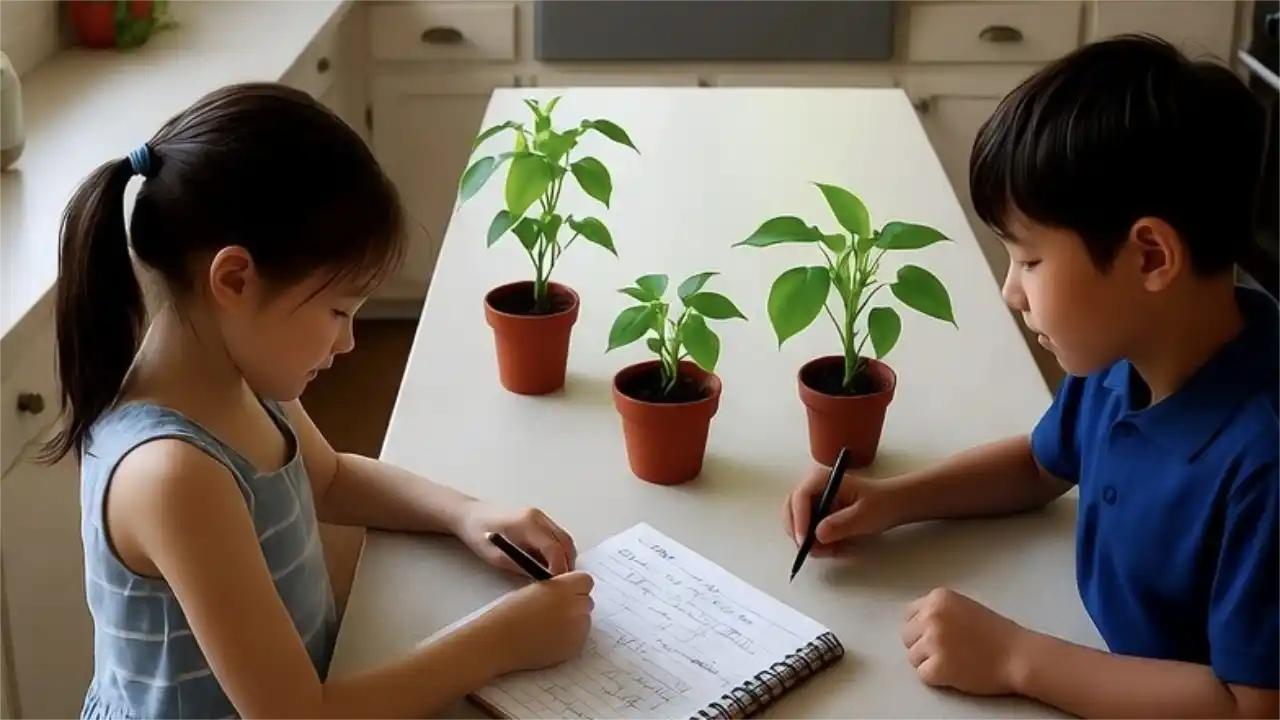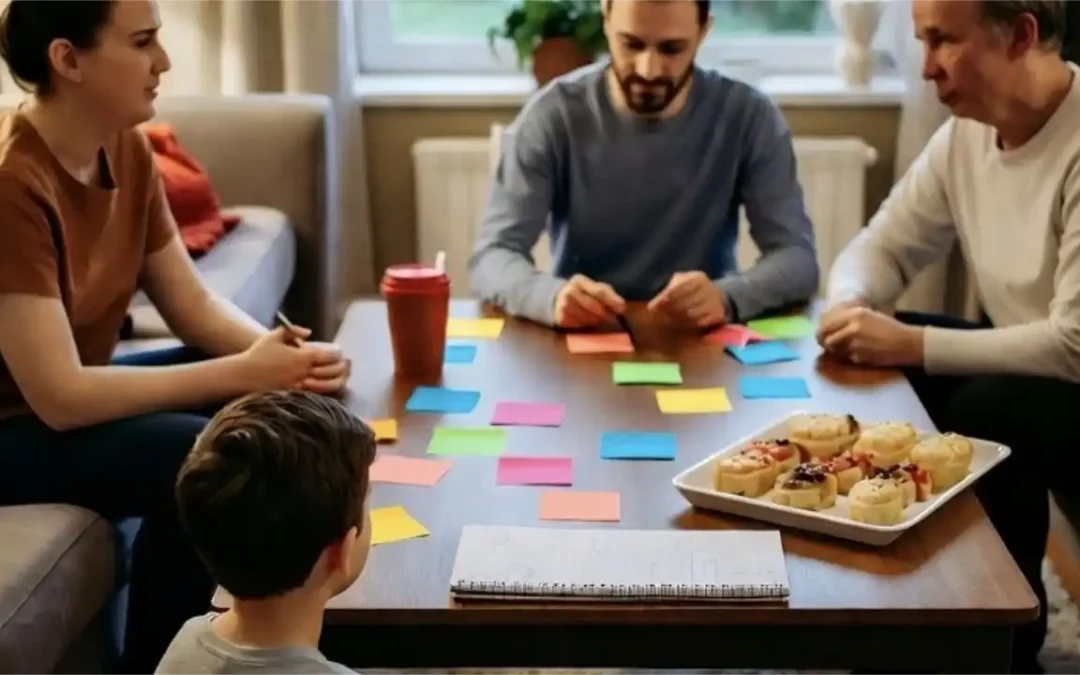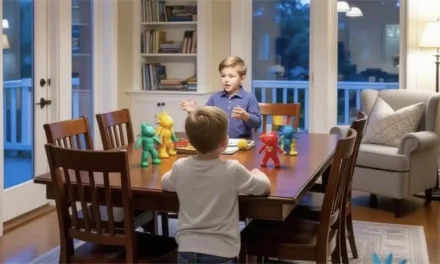
Creating Opportunities for Intellectual Exchange: Argue Science as a Team
W
hen children debate scientific ideas together, they sharpen more than facts—they hone the skills of listening, reasoning, and teamwork. Arguing a hypothesis or testing a theory requires coordination: who researches, who presents, who challenges the claims? These roles mirror real scientific collaboration and help children develop a mindset of collective inquiry. Asking “What’s our evidence?” centers the discussion on shared understanding, not just winning an argument.
One evening, my daughter and her brother disagreed about whether plants grow faster with music. I asked, “How can you figure this out together?” They divided roles—one researched studies, another designed an experiment, both recorded data. Their results weren’t conclusive, but the process was thrilling. Later, she used the same method to lead a group project at school, coordinating a presentation on water filtration. What stuck with her wasn’t the conclusion—it was the feeling of discovery through teamwork.
Set aside time for regular science debates or collaborative experiments. Choose a question—“Does sugar affect memory?” or “What’s the best material for insulation?”—and assign roles before diving in. Keep a notebook to track hypotheses, methods, and reflections. These shared investigations teach kids how to build knowledge together, preparing them for school labs, club projects, and any setting where thinking as a team leads to deeper insight.
Creating Opportunities for Intellectual Exchange

Creating Opportunities for Intellectual Exchange: Brainstorm Family Solutions
Family problem-solving teaches listening and cooperation. Learn how to brainstorm together and make decisions with shared respect.
Table of contents

Primordial Soup for the Mind: Navigation
Navigate the book Primordial Soup for the Mind.
TIPS
- Ask “What supports our idea?” to start debating.
- Praise their teamwork to value their effort.
- Keep a journal for their roles.
- Suggest weekly debate sessions.
ACTIVITIES
- Hypothesis Clash: Debate a science question, ask, “How can you prove this?” Work for 15 minutes.
- Theory Test: Test a theory, discuss roles, 20 minutes.
EXAMPLE
My son led an ecosystem debate, saying, “We proved it!” His debates started a science hobby.

Download “Primordial Soup for the Mind: A Parent’s Guide to Nurturing Intellectual Growth”
Enter your information to get this article and hundreds more as part of the FREE book Primordial Soup for the Mind.
Share your thoughts with the Thought Academy community in the Comments section below.

Sharpen those skills!
Enter your information to get our FREE practice exercises so you can hone your critical thinking and reasoning skills!







0 Comments